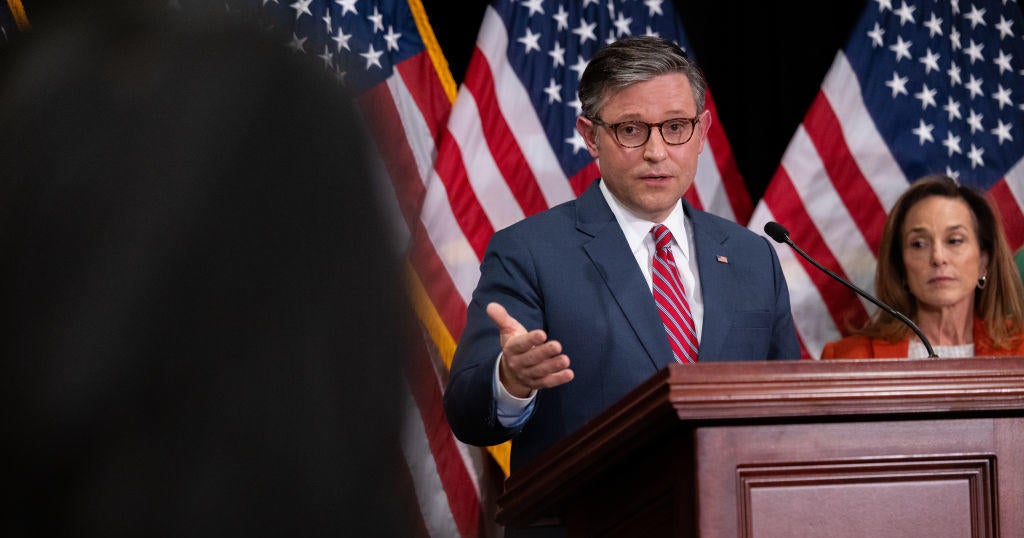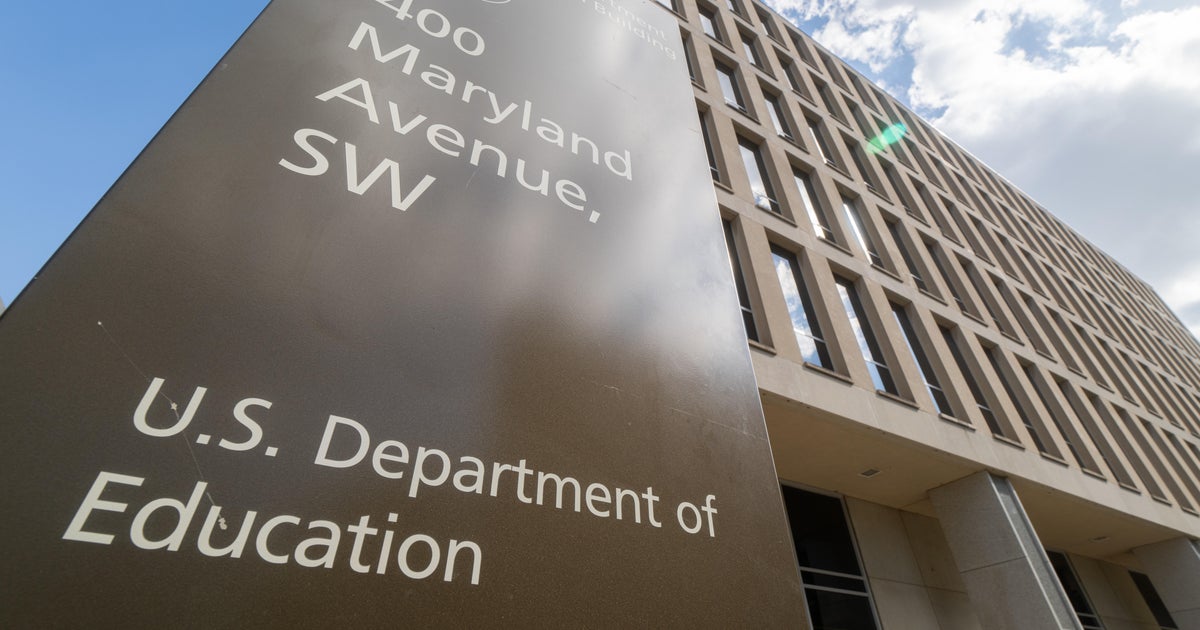Car industry would be "crippled" in days if U.S. shut border with Mexico
- Experts warn that shutting the U.S. border with Mexico would slam the auto industry in a "matter of days."
- $1.7 billion worth of goods and services cross the border between the two countries every day.
- U.S. automakers are also grappling with ebbing demand, as sales slipped 2 percent in the first quarter.
Shutting the U.S. border with Mexico would cause havoc for the automobile industry, experts warned amid signs that President Donald Trump is stepping back from his threat to seal off the two nations.
Kristin Dziczek, vice president of industry, labor and economics at the Center for Automotive Research in Ann Arbor. Michigan, said in a recent tweet that "The North American auto industry will be crippled with a week" if the border is closed, adding that it would take only a "matter of days" for a massive disruption to ensue.
Despite dialing down his rhetoric this week, Mr. Trump said he remains ready to shut the border at any point, saying "I'm ready to close it. If I have to close it."
- Trump eases up on threat to shut down U.S.-Mexico border this week
- If U.S.-Mexico border closed, avocados would soon be toast
That has business groups worried, and they predict chaos in manufacturing supply chains and related economic fallout if the U.S. closed the border.
"Reminder that closing the US-Mexico border to legitimate commerce that tops $1.7 billion daily -- and to the nearly 500,000 workers, students, shoppers, and tourists who cross each day -- would do nothing to address the immigrant surge from Central America," John G. Murphy, senior vice president for international policy for the U.S. Chamber of Commerce said in a tweet on Wednesday.
It's virtually impossible to assemble cars in the U.S. without parts from Mexico -- as well as other countries -- because the industry is so integrated. Most foreign car makers build vehicles containing U.S. parts, while American vehicles use components made overseas.
In some General Motors and Ford cars, more than half of the parts are manufactured abroad. So automakers can't build cars without parts from Mexico, according to Dziczek. "The supply chains are so interwoven, and there are few U.S.-built vehicles that don't have any Mexican content (hard to tell b/c labeling act data is so wonky). And there are some parts the U.S. just doesn't make anymore," she said in another tweet.
A border closing would amplify another issue automakers are already grappling with -- fewer customers. Vehicle sales in the U.S. fell 2 percent in the first quarter, with slower economic growth this year expected to dent manufacturer profits.
"We can now confidently say new vehicle sales are past their peak," Jeremy Acevedo, manager of industry analysis at car research firm Edmunds.com, told the Associated Press. "With new vehicle prices continuing to rise, interest rates sustaining post-recession highs and leasing growing increasingly expensive, pressure on the market is mounting."
On top of slowing sales, the industry is also bracing for possible auto and auto part tariffs under consideration by Mr. Trump, as well as changes under the U.S. Mexico Canada agreement, the replacement for the North American Free Trade Agreement pending a legislative vote in all three countries.
In 2017, about $558 billion in goods flowed across the U.S.-Mexico border in both directions, making Mexico our third-biggest trading partner for goods behind Canada and China. U.S. goods exported to Mexico totaled $243 billion, while trade in services accounted for another $58 billion.
Trucks transport the bulk of goods: In 2018, 69 percent of all southern border freight in the U.S. came from Mexico by truck, according to the U.S. Bureau of Transportation Statistics.
The Associated Press contributed to this report.




